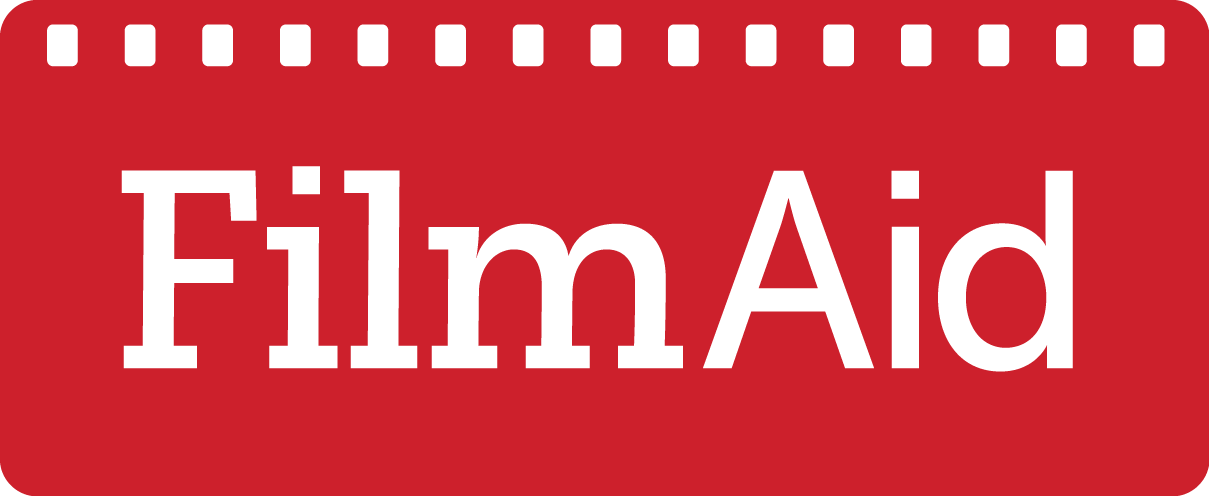“When people talk about film, they say it’s for men, especially in African culture. They think a woman can never hold a camera. People think film is only acting, but there are so many roles in filmmaking, and a woman can do anything if she has the opportunity to learn” Farida Naimana tells FilmAid in Kakuma refugee camp, Kenya.
Farida, 23, who is originally from Burundi, was one FilmAid’s first students in Kakuma. A camp which is receiving record numbers of refugees for the second consecutive year. The camp was originally established in 1992 to serve Sudanese refugees, but has since expanded to serve people from Somalia, Ethiopia, Burundi, the Democratic Republic of Congo, Eritrea, Uganda, and Rwanda. Kakuma’s population is close to 125,000 but growing rapidly every year.
Farida’s experience as a FilmAid student led her to taking on the role of Outreach Facilitator within the camp. FilmAid’s Outreach Facilitators are integral and unique, they work tirelessly to bring about community engagement and participation through various media and workshops. Farida's day would involve meeting with diverse people across the camp and delivering programs or workshops in the midst of the dust storms and harsh desert environment of the camp.
For Farida, the skills she gained as a Facilitator, meant she was eager to challenge herself further and enter the field of film production. She quickly joined our Filmmaker Training Program. Farida tells us, “I had to start from scratch when I moved to production. I did not know how to operate simple equipment like the camera and big computers. Now I am learning how to handle a camera, shoot, edit the videos and actually produce content”.
Farida’s story reveals how passion and creativity can be ignited through exposure to new opportunities like our Filmmaker Training Program. Many people living in refugee camps don't have the chance to learn new skills, and opportunities for expressing creativity are lacking. Farida not only rejects any stereotype suggesting that women cannot be involved in film, but she proves that talents can flourish in the most challenging places.
Want to know about how women benefit from our Filmmaker Training Program in Dadaab refugee camp? Click here.

